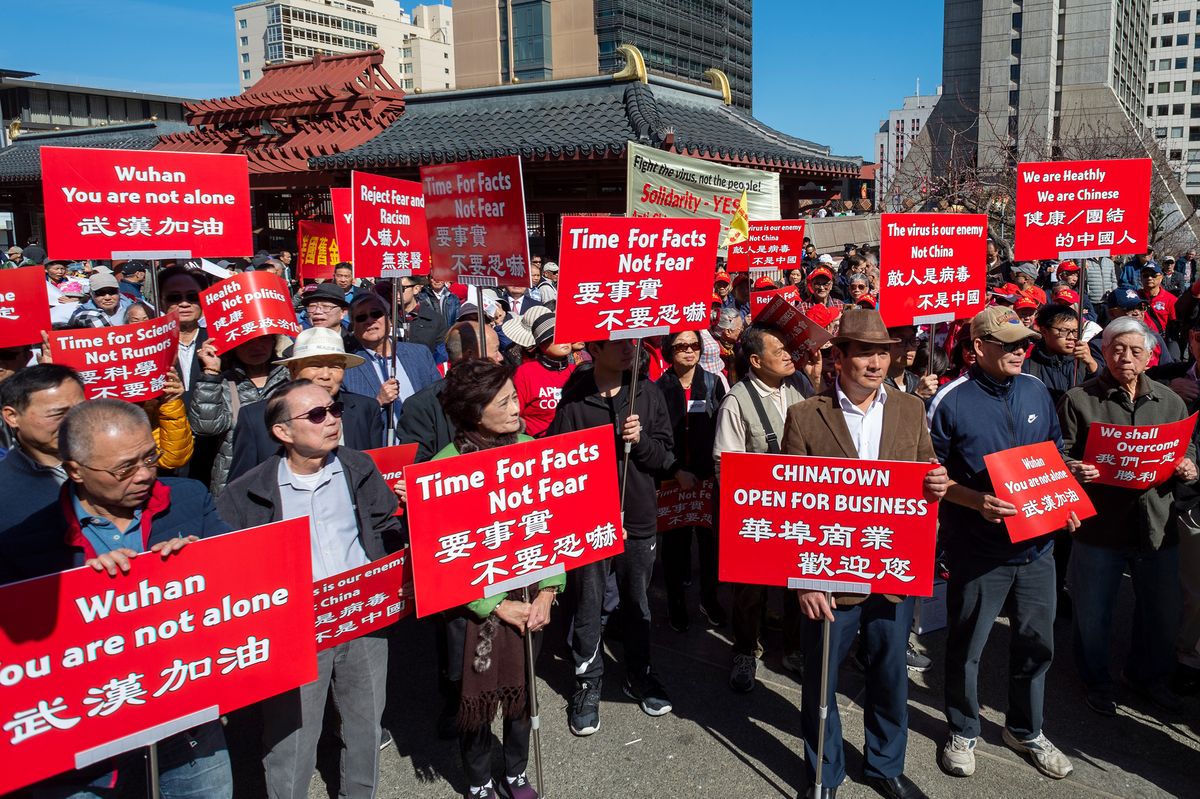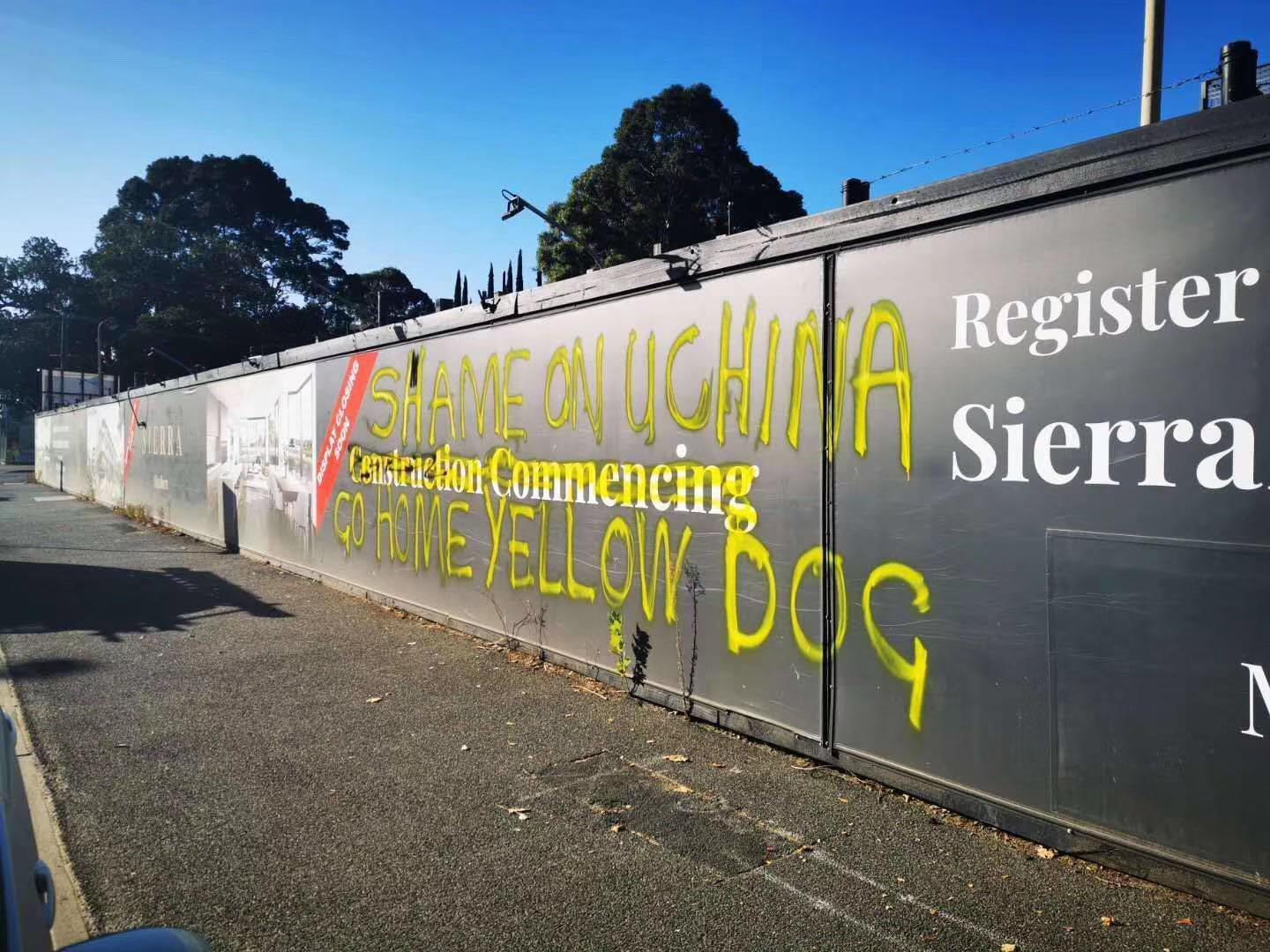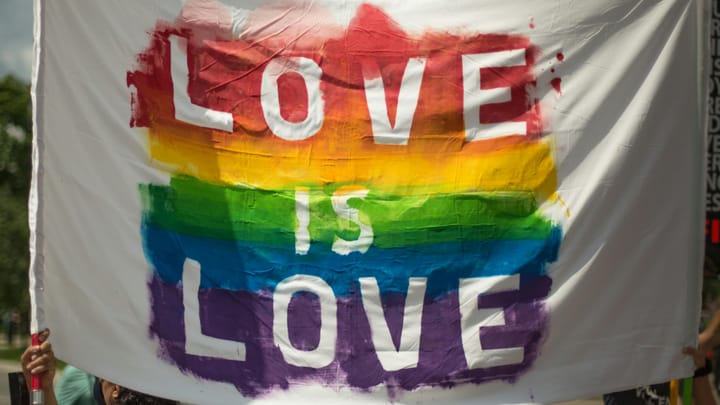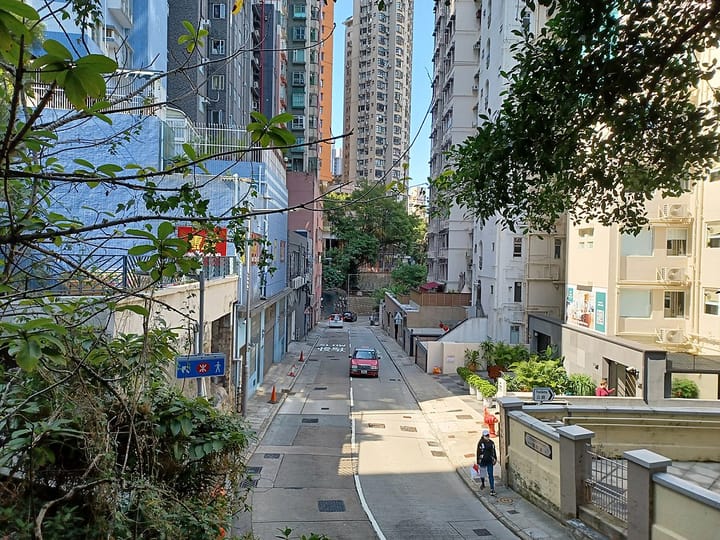Asians around the world see increase in discrimination, racist attacks during COVID-19 pandemic

A few minutes every morning is all you need.
Stay up to date on the world's Headlines and Human Stories. It's fun, it's factual, it's fluff-free.
Since the outbreak of COVID-19 in Wuhan, China, the initial epicenter of the virus, the heightened media attention that the city and China on a whole have received has led to anti-Chinese sentiment across the world.
This anti-Chinese sentiment has resulting in people of Asian descent at large to become victims of discrimination, prejudice, racism and abuse. This racist behavior has been fueled by misinformation and conspiracy theories, mostly spread over social media, as well as discriminatory language used by political leaders and media commentators.
Xenophobia in the US

When the spread of COVID-19 began intensifying, so did the discrimination faced by Asian-Americans in the US. This discrimination took the form of verbal abuse, vandalism and even physical assault.
In an example of the latter, members of an Asian American family, including a 2-year-old and a 6-year-old, were stabbed at a Sam’s Club store in Midland, Texas, on March 14.
According to an FBI report obtained by ABC News, “the suspect indicated that he stabbed the family because he thought the family was Chinese, and infecting people with coronavirus.”
In early February a video was circulated on social media in which a woman of Asian descent was allegedly attacked in a New York subway station for wearing a facemask. In the video the attacker can be heard yelling, “Don’t f****** touch me” while hitting her with an umbrella.
Imogen Arate, an American resident, told The Millennial Source about facing COVID-19 related anti-Asian prejudice since late January.
Arate said that people would move away from her, even if she wasn’t coughing, and that people would “congregate with their own kind” on or near public transport. “There was even one where someone actually verbalized their suspicion that I’m a disease carrier based on my Asian appearance,” she said.
Stop AAPI Hate, an online reporting forum created to gather first-hand accounts, was launched on March 19.
AAPI stands for Asian American Pacific Islander.
The website was created by the Asian Pacific Policy and Planning Council (A3PCON) in collaboration with Chinese for Affirmative Action (CAA) and San Francisco State University’s Department of Asian Studies. The website has received more than 1,110 self-reported incidents of discrimination in its first two weeks, including assault and vandalism.
After assessing instances of hate crimes against Asian-Americans, the FBI warned that cases could surge as the virus spreads in the US, according to the report obtained by ABC News.
“The FBI makes this assessment based on the assumption that a portion of the US public will associate COVID-19 with China and Asian American populations," read the report.
US politicians court controversy
President Donald Trump and other politicians have faced criticism for their persistence in referring to the coronavirus as the “Chinese virus,” or other names that make reference to Wuhan or China. This despite the World Health Organization’s (WHO) guidance against using geographic locations when naming diseases.
In the face of mounting criticism as cases of discrimination increase, Trump has said that he’ll stop using the term “Chinese virus,” though he also claims he has no regrets about having previously used it.
Trump then tweeted, “It is very important that we totally protect our Asian American community in the United States, and all around the world. They are amazing people, and the spreading of the Virus…. is NOT their fault in any way, shape, or form.”
https://twitter.com/realDonaldTrump/status/1242202290393677829
On April 1, an Op-ed by former Democratic presidential candidate Andrew Yang appeared in The Washington Post entitled, “We Asian Americans are not the virus, but we can be part of the cure.” In the Op-ed, Yang addresses the issue of racism being directed towards Asian Americans as a result of the coronavirus.
In response to the article, Yang received criticism from the Asian-American community for calling on Asian-Americans to embrace “our American-ness in ways we never have before.”
“We need to step up, help our neighbors, donate gear, vote, wear red white and blue, volunteer, fund aid organizations, and do everything in our power to accelerate the end of this crisis. We should show without a shadow of a doubt that we are Americans who will do our part for our country in this time of need,” Yang wrote.
In an exchange with ABC News, Asian American comedian and writer Jenny Yang (no relation to the former presidential candidate) said that Andrew Yang’s comments had made her “stomach sink.”
“Andrew is telling us we cannot expect telling people to not be racist to work, so we should lean in to be more American so we will be less threatening to other Americans," she said. “I obviously think that being racist is not a good thing. But saying, ‘Don’t be racist toward Asians,’ won’t work."
Racism towards Asians around the world
Anti-Chinese and anti-Asian sentiment is also on the rise in other countries, such as the UK, France, Spain and Australia, among others.
Chinese citizens have also been facing discrimination in other Asian countries, such as Japan, South Korea and Vietnam.
In France, Asians have been using the hashtag JeNeSuisPasUnVirus (I’m not a virus) on social media in response to the treatment they have received.
An Australian resident told The Millennial Source, “I tell my kids to not speak Chinese now.”
Another Australian resident, Kieu, told The Millennial Source, “I wouldn’t want to be an Asian and coughing in public.”
In South Africa, people of Asian descent have been denied service in retail stores and have had to deal with people blatantly steering clear of them in restaurants and elsewhere.
Charlene Yuen told The Millennial Source of her experience walking into a public bathroom. “Two young girls say to themselves in a language they thought I wouldn’t understand ‘She’s corona’ then laughing.”
Lalla Hirayama, a South African TV host, tweeted about racist remarks she has received since the COVID-19 outbreak in South Africa and urged people not to make unfounded assumptions.
“Honestly. I get why you nervous right now, but then ask if we’ve been traveling… I’ve been treating (sic) like dirt so many times my heart hurts. Please just stop,” she wrote.
Mr. Shah, a resident of India, reported that he’s been seeing “a lot of anti-Chinese sentiment. Our mainstream media is blaming China for everything.”




Comments ()